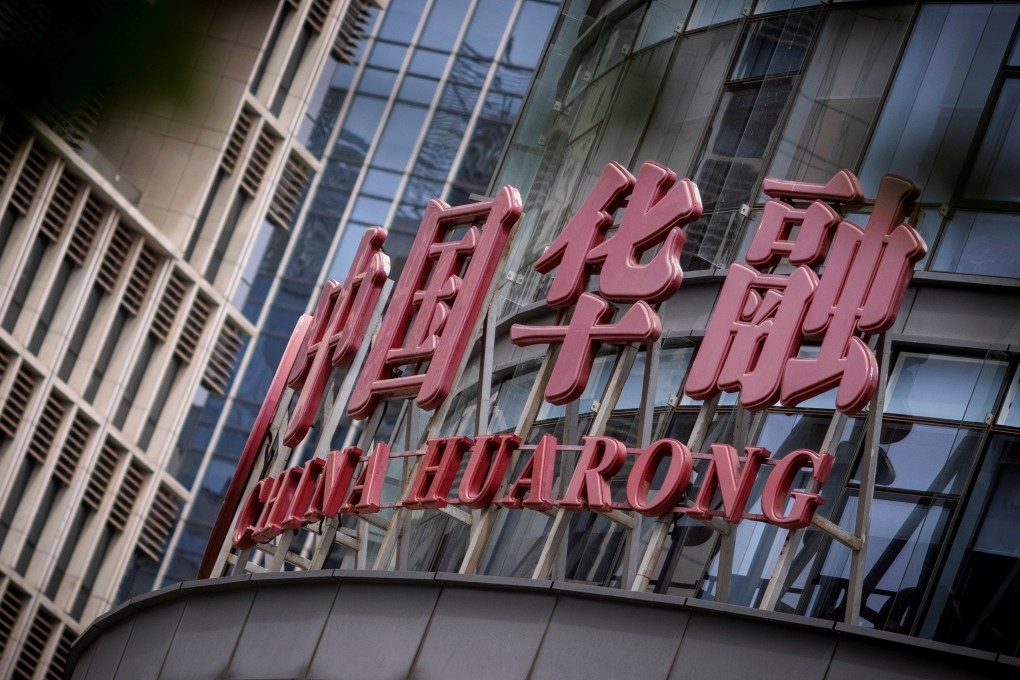Huarong gets a state bailout after one of China’s largest bad debt manager posted a record US$15.9 billion loss from soured loans
- State-owned investors including Citic Group, China Insurance Investment and China Life Asset Management will replenish Huarong’s capital
- Control of the company would shift to Citic, according to people familiar with the plan

Government-backed investors will recapitalise China Huarong Asset Management after the bad-debt manager posted a record US$15.9 billion loss, ending months of speculation over whether Beijing would deem the troubled financial giant too big to fail.
The rescue package unveiled on Wednesday, while thin on official details, suggests President Xi Jinping’s government is for now unwilling to allow a default by one of China’s most systemically important state-owned companies. It’s likely to boost short-term confidence in China’s US$12 trillion credit market, even as it raises concerns about the longer-term dangers of a financial system where implicit government guarantees have enabled years of reckless borrowing.
State-owned investors including Citic Group, China Insurance Investment and China Life Asset Management will replenish Huarong’s capital, the nation’s biggest bad-loan manager said in an exchange filing Wednesday. Huarong said it has no plan to restructure its debt, reiterating that it’s made preparations for future bond payments.
The statement confirmed a Bloomberg report that Huarong was poised to receive fresh capital as part of an overhaul plan, according to people familiar with the matter, who put the amount being discussed at about 50 billion yuan (US$7.7 billion). Control of the company would shift to Citic, the people had said, though details were still being finalised and could change.

The overhaul marks the government’s first major attempt to resolve a crisis at Huarong that has roiled the world’s second-largest credit market since April. The financial giant’s plight has become the biggest test in decades of Chinese authorities’ willingness to support troubled state-owned borrowers amid a record wave of defaults.
